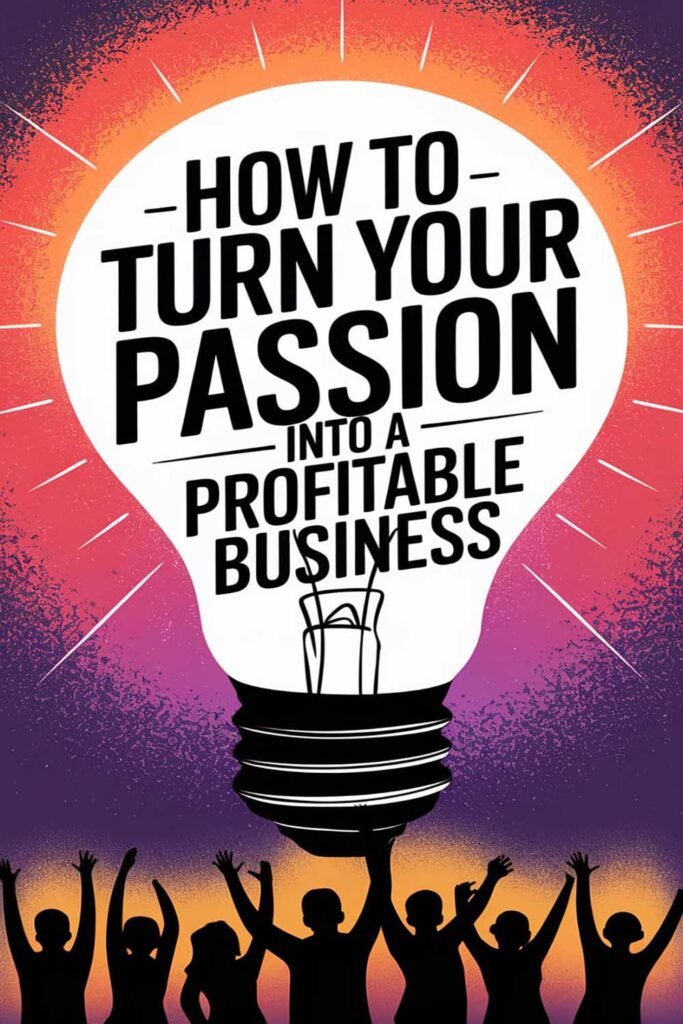
The Importance of Continuous Learning for Career Success
In today’s fast-paced and ever-evolving job market, continuous learning is no longer optional—it’s essential. Staying ahead in your career requires a commitment to acquiring new skills, expanding your knowledge, and adapting to industry changes. Whether you’re looking to climb the corporate ladder, transition into a new field, or stay competitive in your current role, continuous learning plays a crucial role in long-term career success.

Why Continuous Learning Matters
1. Keeps You Relevant in Your Industry
Technology, best practices, and market demands are constantly changing. Continuous learning ensures you remain up-to-date with industry trends and innovations.
- Stay ahead of automation and emerging technologies.
- Adapt to shifts in market demands and consumer needs.
- Maintain your value in a rapidly evolving workplace.
2. Increases Career Opportunities
Employers value professionals who proactively develop their skills. Expanding your knowledge can lead to new job opportunities, promotions, or even career shifts.
- Gain certifications to qualify for higher-paying positions.
- Broaden your expertise to explore new career paths.
- Stand out in competitive job markets.
3. Enhances Job Performance
Ongoing learning improves your efficiency, problem-solving abilities, and confidence in the workplace.
- Learn new tools and techniques to work smarter, not harder.
- Strengthen critical thinking and decision-making skills.
- Become a go-to expert in your organization.
4. Boosts Professional Confidence
The more knowledge and skills you acquire, the more confident you become in your role. Confidence leads to better decision-making and leadership capabilities.
- Feel more self-assured in taking on challenging projects.
- Improve communication and negotiation skills.
- Position yourself as a thought leader in your field.
5. Supports Adaptability and Resilience
A rapidly changing job market requires professionals who can adapt. Learning new skills enables you to pivot when needed and remain competitive in your field.
- Transition smoothly into new roles or industries.
- Handle workplace changes with ease.
- Future-proof your career by staying ahead of trends.
How to Incorporate Continuous Learning Into Your Career
1. Set Clear Learning Goals
Identify specific skills or knowledge areas you want to develop.
- Determine short-term and long-term learning objectives.
- Align your learning goals with career aspirations.
- Track progress and celebrate achievements.
2. Take Advantage of Online Courses and Certifications
Many online platforms offer affordable and flexible courses in various industries.
- Explore platforms like Coursera, Udemy, and LinkedIn Learning.
- Earn industry-recognized certifications to enhance your resume.
- Stay competitive by mastering in-demand skills.
3. Read Industry-Related Books and Articles
Stay informed by consuming high-quality content from experts in your field.
- Follow thought leaders and industry blogs.
- Read books that provide insights into professional development.
- Subscribe to newsletters that cover industry updates.
4. Attend Workshops and Conferences
Networking and learning from industry leaders can provide valuable career insights and connections.
- Participate in webinars and virtual events.
- Engage with professionals in your industry.
- Learn about emerging trends and best practices.
5. Seek Mentorship and Coaching
Learning from experienced professionals accelerates growth and provides guidance tailored to your career path.
- Find a mentor within your organization or industry.
- Engage in career coaching for structured personal development.
- Gain insights and advice from those who’ve walked your path.
6. Engage in Hands-On Learning
Applying knowledge in real-world scenarios enhances skill retention and problem-solving abilities.
- Take on challenging projects at work.
- Volunteer for cross-functional assignments.
- Practice skills through simulations and case studies.
7. Stay Curious and Open-Minded
Developing a mindset of curiosity fosters continuous growth and innovation.
- Ask questions and seek diverse perspectives.
- Experiment with new approaches to problem-solving.
- Embrace lifelong learning as a personal and professional value.
Picture This
Imagine walking into work each day with confidence, knowing you’re continuously growing and evolving. Instead of feeling stagnant or outdated, you are ahead of industry trends, mastering new skills, and positioning yourself for success. Opportunities find you because you’ve made learning a priority, and your expertise stands out in a competitive job market.
By embracing continuous learning, you take control of your career trajectory, ensuring that growth, adaptability, and success become a constant part of your journey.






